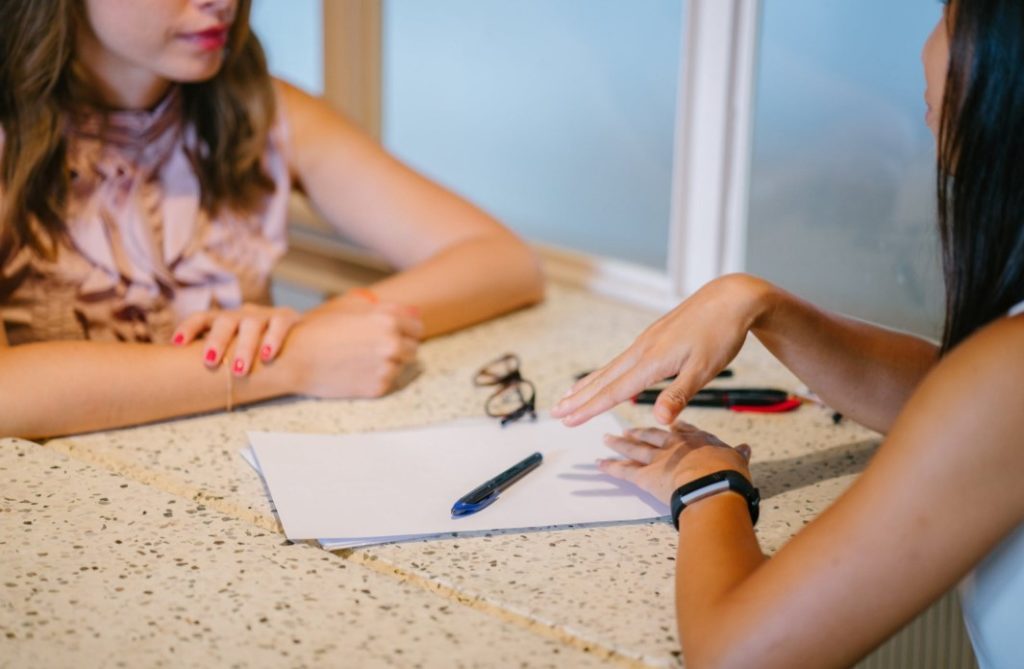One of the most important factors within treatment is the therapeutic relationship. Connecting to each other creates a safe and trusted environment. You accept more from each other and there is more effort being put into the collaboration. But it’s not always that easy! In this blog more information about the therapeutic relationship.
There are a few important elements to build a good relationship:
- Mutual trust, respect and care. Communication should be used in a way that feels nice for both and you have to keep account of each other. The content should also be accepted without any judgement to create a safe environment.
- General agreement on goals/tasks of the treatment. We’re talking about a collaboration so it’s important to have clarity about what you want to achieve and how you want to reach it. This way you’ll always know what you’re up to.
- Shared decision-making. As a client you ask for advice, not for guidance. But the therapist is also free to give advice about things that might need a different approach. Be aware that you’re always standing next to someone in this collaboration!
- Mutual engagement in the tasks. Since you’re working together towards a goal, this also means you can expect input from both ends. The balance can differ a little for each collaboration, but always evaluate if it’s a reasonable balance!
- Communication about the relationship. Because we’re unable to read each other’s mind, it can be difficult to know how someone is feeling about you. It’s okay to mention the qualities you value of the other or tell that you like the collaboration. There should also be room to correct problems and difficulties in a decent manner.
- Freedom to discuss negative emotional responses. In a setting in which you discuss difficult things, it might happen someone will respond negatively and emotionally to you. To prevent these emotions from affecting the relationship negatively, it’s important to mention what’s happening and to clear personal tension.
What can you do to improve the relationship?
- A purely formal bond won’t lead to a deep relationship very quickly. Try to keep room for personal things. Ask about fun things, hobbies, keep room for a joke or tell something about your own personal situation. Try looking for things you have in common!
- Do you notice you become agitated by the other? Try to discover if that person might be in your allergy. It happens quite often that someone that’s really proactive and responsible, gets agitated by someone that’s a bit more passive and lazy. But it’s also the other way around! Try having a conversation about these differences!
- Communicate your expectations and ask about someone’s working method. While some are very independent, others would like some additional explanation. Ask about this or mention this before you get into action!
- When someone feels misunderstood, this will influence the relationship in a bad way. Unfortunately, it won’t happen very often that someone will mention this of their own accord and we tend to think we know someone’s intentions. Try to create room to discuss negative aspects of the collaboration, but also ask about the opinion of the other. If the misunderstanding becomes clear, you will see things will become a lot less difficult!
- The last thing you need to take into account, is that people can find it difficult to express their appreciation of the relationship. Your sense that the bond might be not that good, can thus be a misconception. Maybe you actually mean a lot to the other and it’s okay to check this once in a while!











